Real Patients. Real Stories
Your health means everything. And for these patients, seeking quality healthcare at Lake Cumberland Regional Hospital was a life-changing experience. No matter how large or how small the issue, it’s time to take charge of your health again. At Lake Cumberland Regional Hospital we put your healthcare needs first. Don't make your health wait. Get the care you need now and learn more about our quality healthcare services from real patients, in the real stories below.
-
.png)
Myra's Story | Breast Cancer Awareness
November 14, 2025After undergoing regular breast screenings with no family history of breast cancer, Myra Frye was taken aback when an unexpected result appeared on her routine mammogram at Lake Cumberland Imaging Center. A subsequent diagnostic test confirmed a cancer diagnosis, prompting Myra to pursue a lumpectomy followed by radiation treatment at Lake Cumberland Cancer Treatment Center. Myra is a resilient fighter who empowers women everywhere to take charge of their health.
Learn more -
.png)
Reclaiming Life: Melissa's Weight Loss Journey
July 03, 2025For over 25 years, Melissa has dedicated her career to healthcare, currently serving as a Medical Group Services Manager with Lake Cumberland Physician Practices. However, throughout her adult life, she struggled with her weight. "I never quite lost all my 'baby' weight after having children," she recalls. As the years passed, her weight gain led to high blood pressure and borderline diabetes. "I realized I needed to lose weight and make positive changes in my life," Melissa reflects.
Learn more -
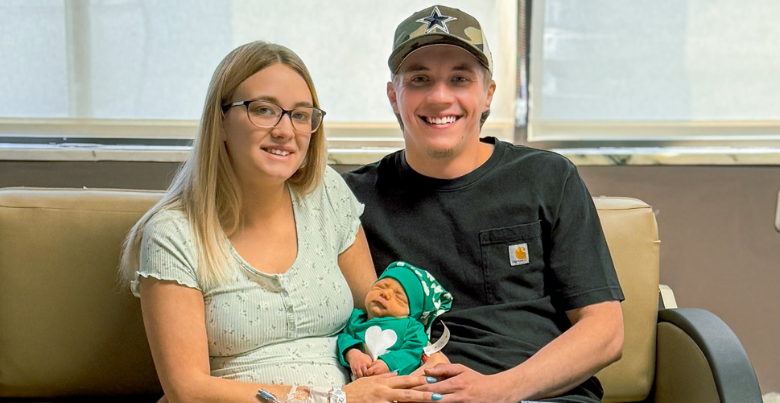
Lucky Arrival: Lake Cumberland Regional Hospital Welcomes St. Patrick’s Day Baby
March 21, 2025Welcome baby Tate William Gene Proffitt!
Learn more -
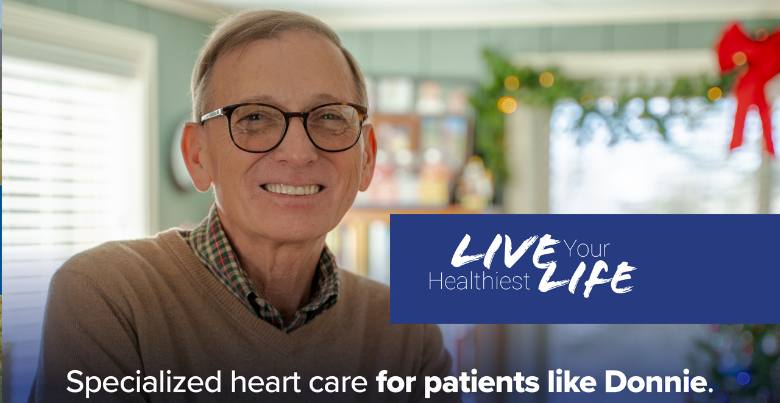
Specialized heart care for patients like Donnie.
February 04, 2025It was just a normal morning. Donnie felt fit and healthy – until his heart began to flutter. He and his wife called 9-1-1, and they learned that Donnie was suffering from a severe heart attack. Donnie was rushed to Lake Cumberland Regional Hospital, where emergency intervention saved his life.
Learn more -
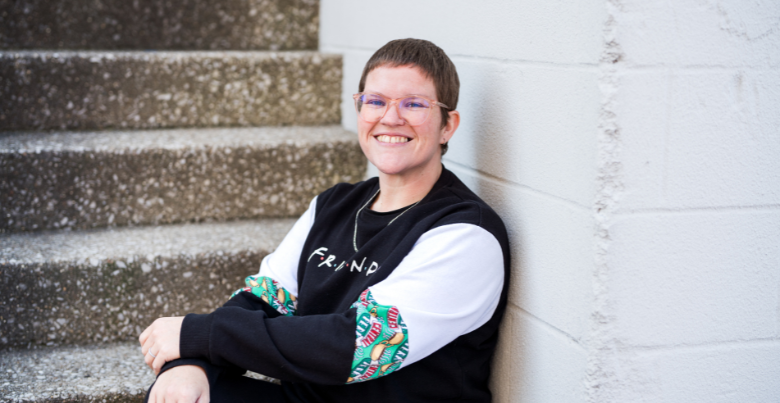
Stephanie's Story | The One Where She Got Her Confidence Back
January 14, 2025Stephanie Marie Haaz, a 39-year-old from Somerset, Kentucky, had always faced challenges with her weight.
Learn more -
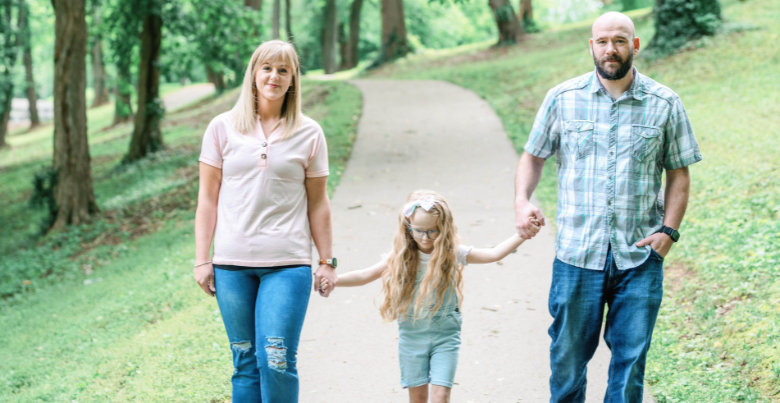
Corrie's Story | The Path to Becoming a Healthier Mom
May 31, 2024In 2022, Corrie embarked on a transformative journey toward better health and well-being.
Learn more -
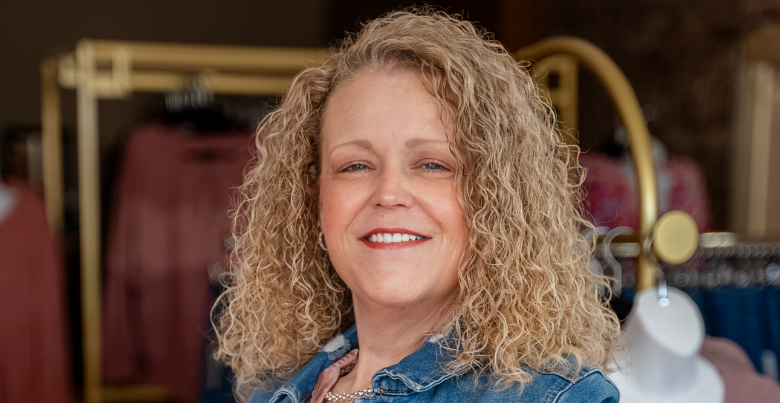
Lisa's Story | Transformation With Bariatric Surgery
April 30, 2024After facing complications from a previous lap band surgery, Lisa sought help from Cumberland Bariatric Institute.
Learn more -
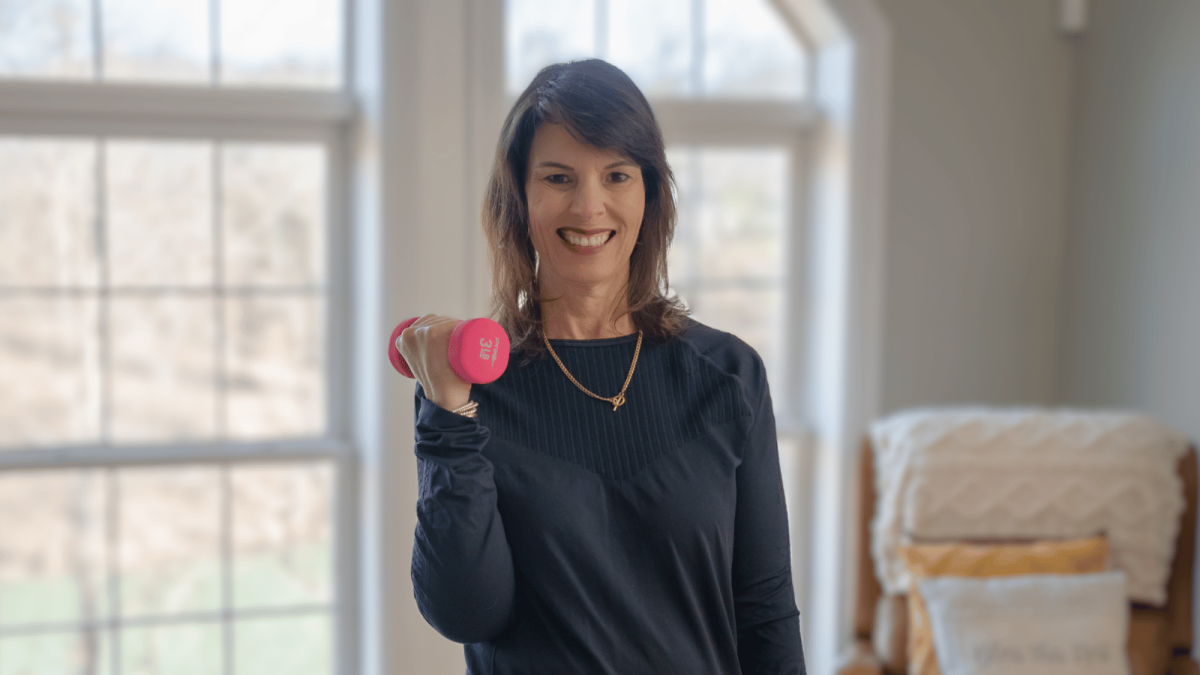
A Journey to Wellness Through Bariatric Surgery with Amy McKinney, RN, BSN, RN-BC
April 10, 2024Meet Amy McKinney, Senior Director of Cardiovascular and Women's and Children's Services at Lake Cumberland Regional Hospital. After a vacation with her family left her feeling winded and out of breath, Amy knew it was time for a change. Determined to take control of her health, she made the courageous decision to embark on a bariatric surgery journey. With renewed energy and vitality, she now embraces life with a whole new outlook.
Learn more -

Real Patients. Real Stories | Amy Stroud's Story
March 25, 2024Learn more about the importance of yearly cancer screenings through Amy Stroud's story of her experience at Lake Cumberland Regional Hospital after sever stomach pain led to a surprise diagnosis. Visit our website for more information about our services at LakeCumberlandHospital.com
Learn more -
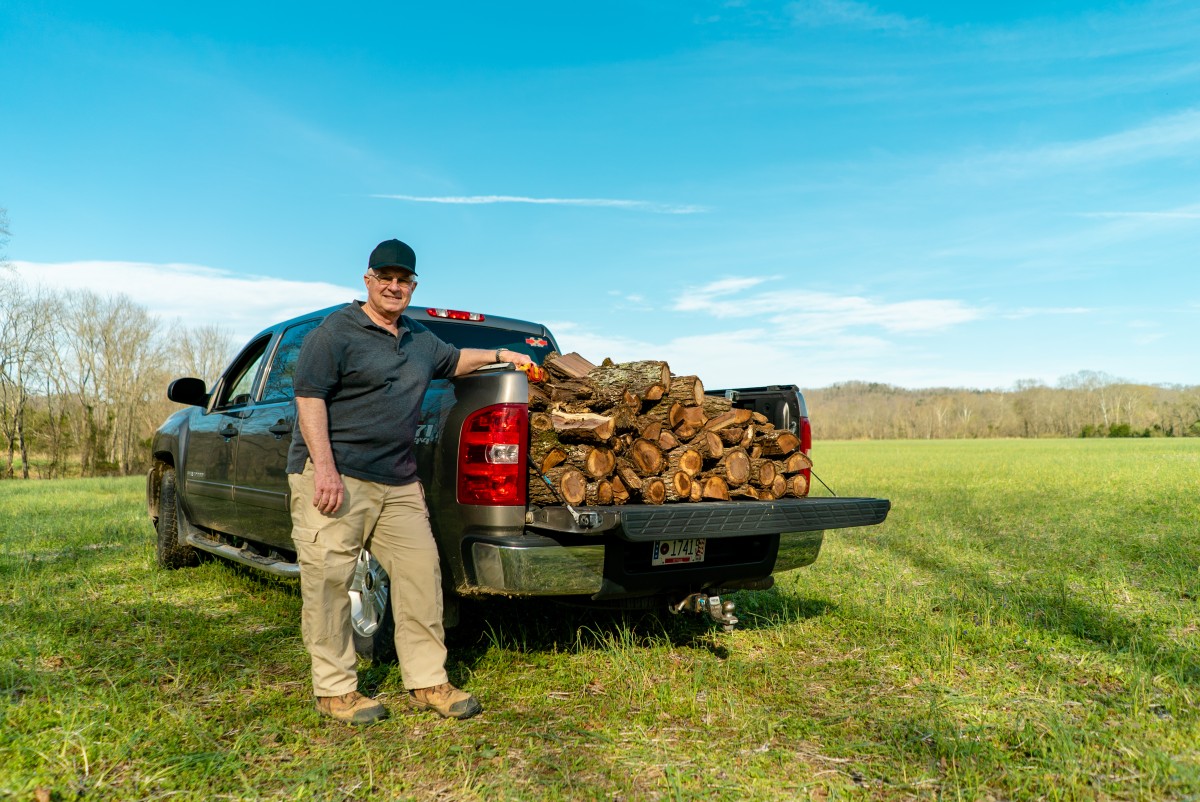
Your Health Means Everything | Brack's Story
March 13, 2024When Brack Flanagan experienced a heart attack he relied on the quality care at Lake Cumberland Regional Hospital.
Learn more -
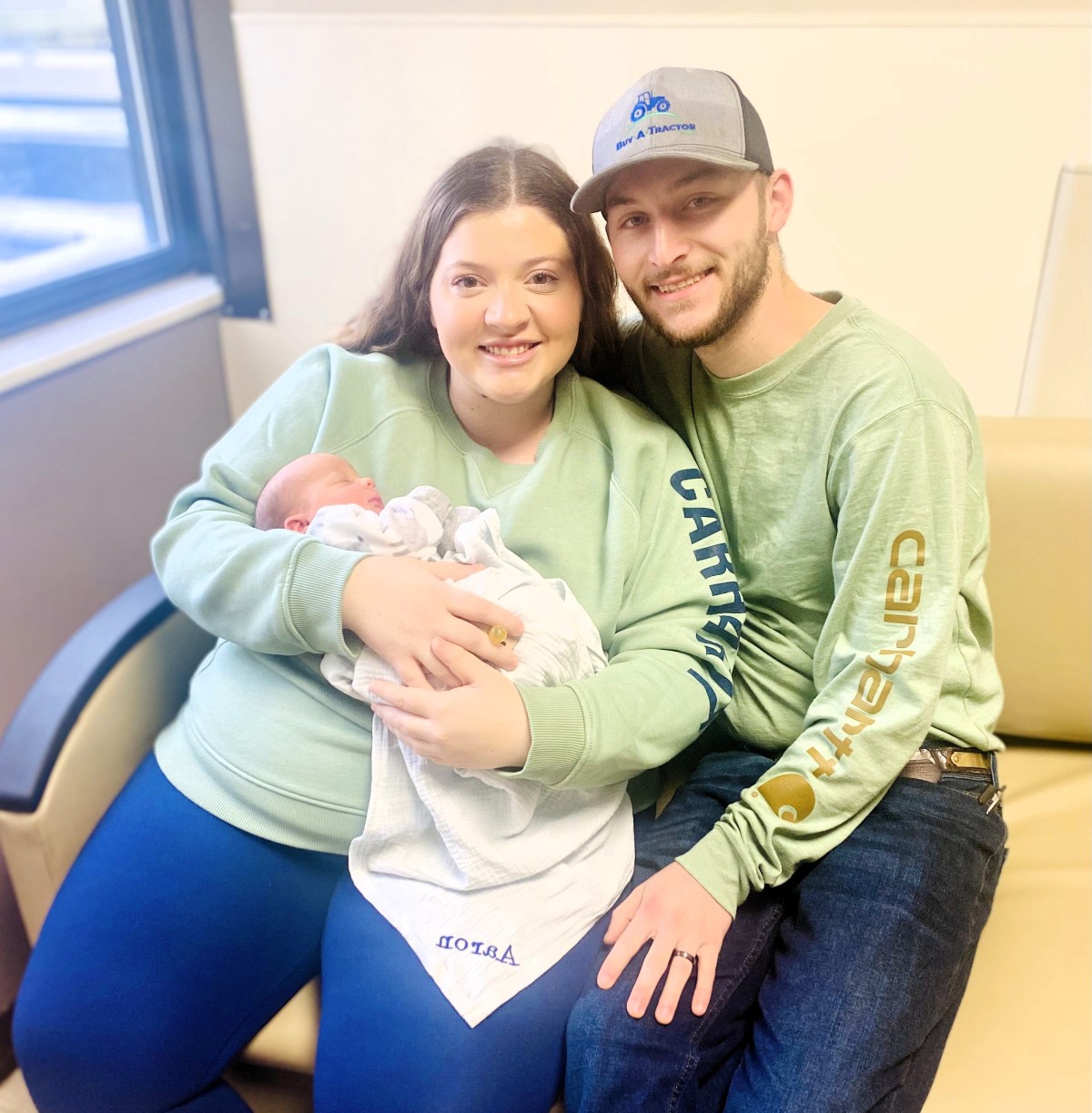
New Parents Brave Snowstorm to Welcome Their First Baby at Lake Cumberland Regional Hospital
February 09, 2024In the midst of a snowstorm, Adam and Caitlin Davis of Liberty, Kentucky, welcomed their first bundle of joy into the world at Lake Cumberland Regional Hospital.
Learn more -
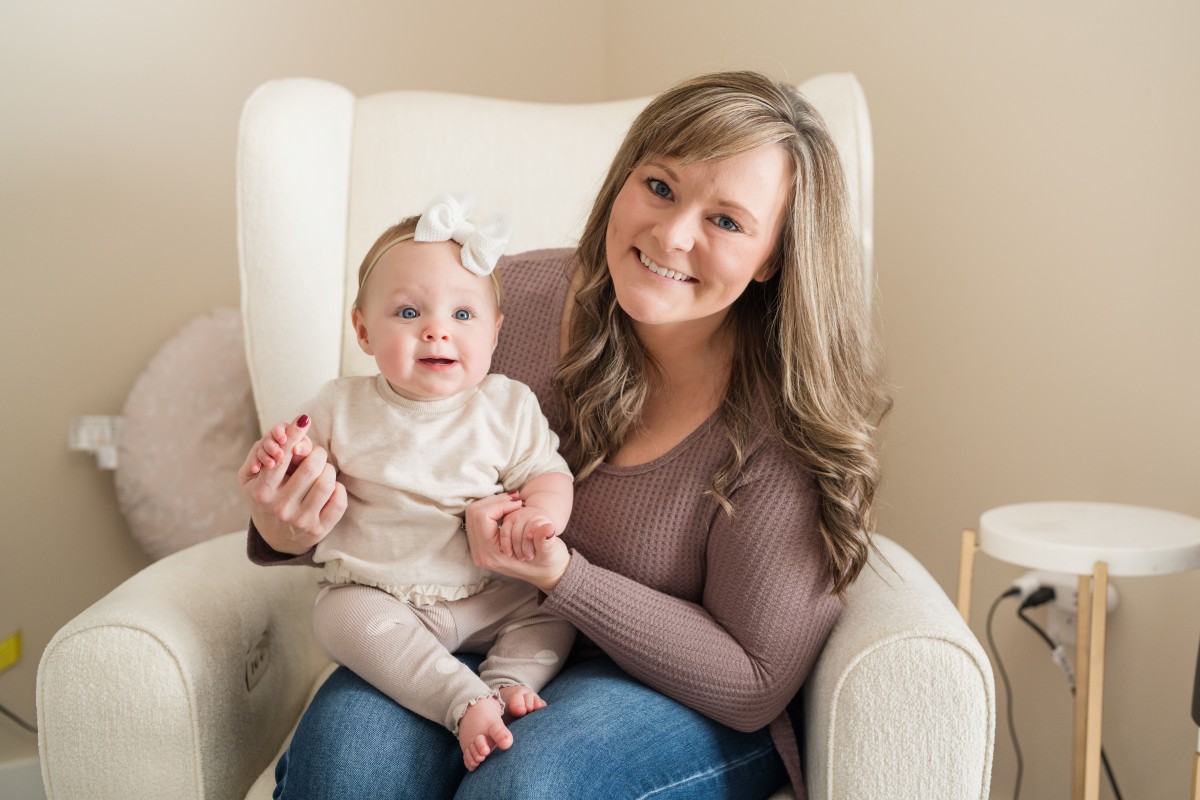
Christine's Remarkable Journey at Lake Cumberland Regional Hospital
November 10, 2023Christine Curtis, a 31-year-old lifelong resident of Pulaski County, Kentucky, had an extraordinary experience at Lake Cumberland Regional Hospital (LCRH), particularly in the Women's and Children's department, which played a pivotal role in her transition into motherhood. As the Director of Emergency Services at LCRH, she found herself on the other side of patient care, and her heartfelt account exemplifies the dedication and compassion of the hospital staff.
Learn more -
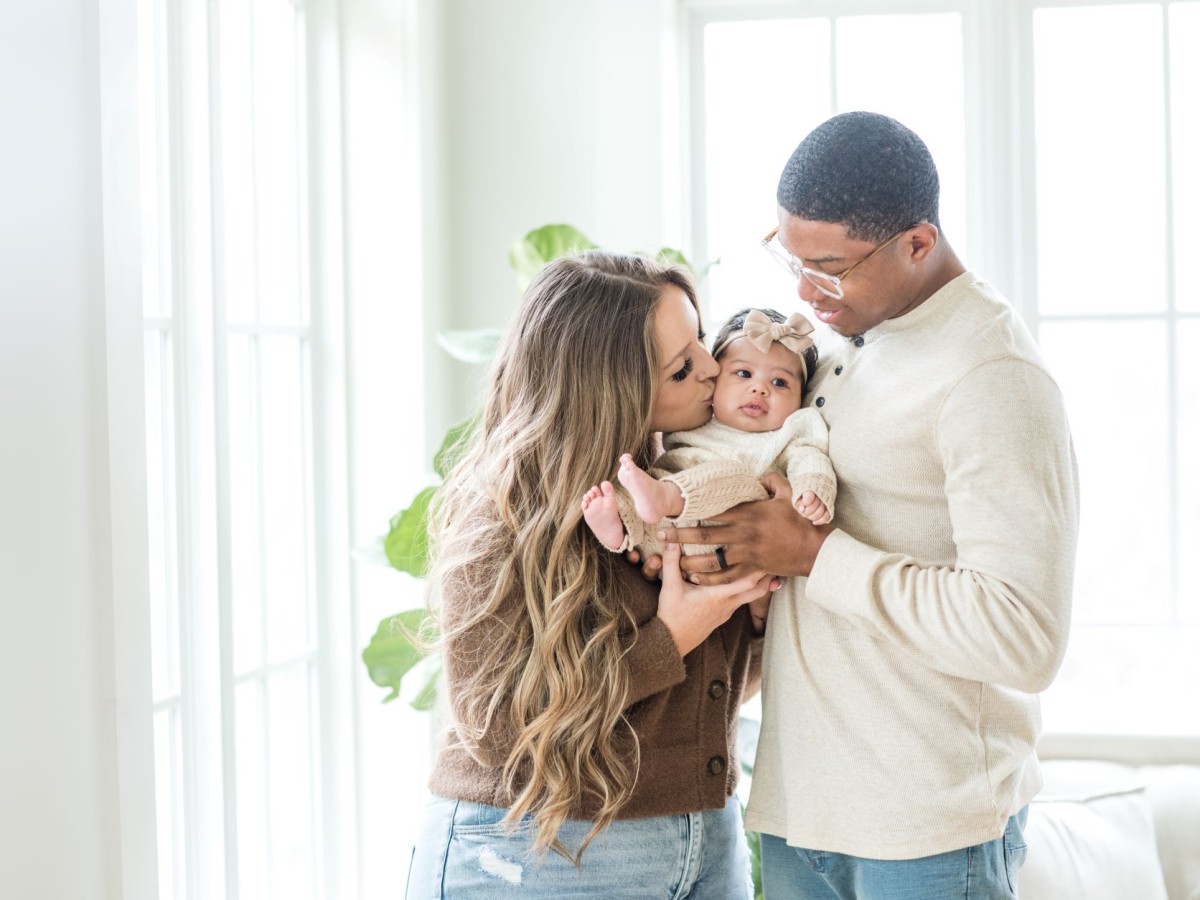
All in the Family
February 16, 2023For Chloe Gary and her husband, William, choosing Lake Cumberland Regional Hospital (LCRH) for the birth of their first child was simple.
Learn more -

A New Breath at Life
February 06, 2023Subglottic Stenosis patient finds her breath again.
Learn more -
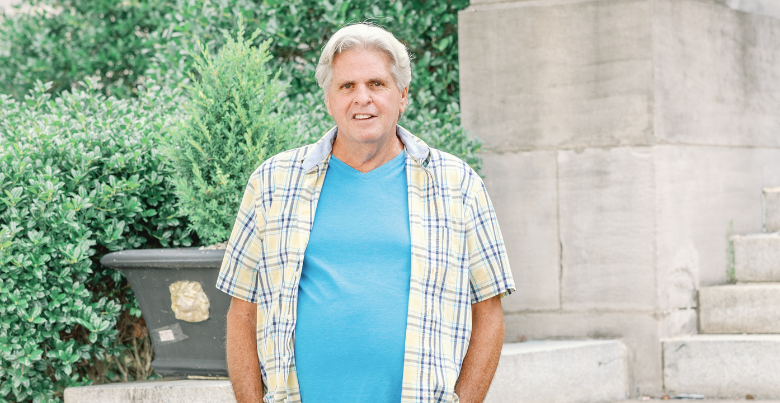
Living Life to the Fullest
September 28, 2022New Knee Brings Renewed Ability and Joy to 71-Year-Old's Retirement
Learn more -
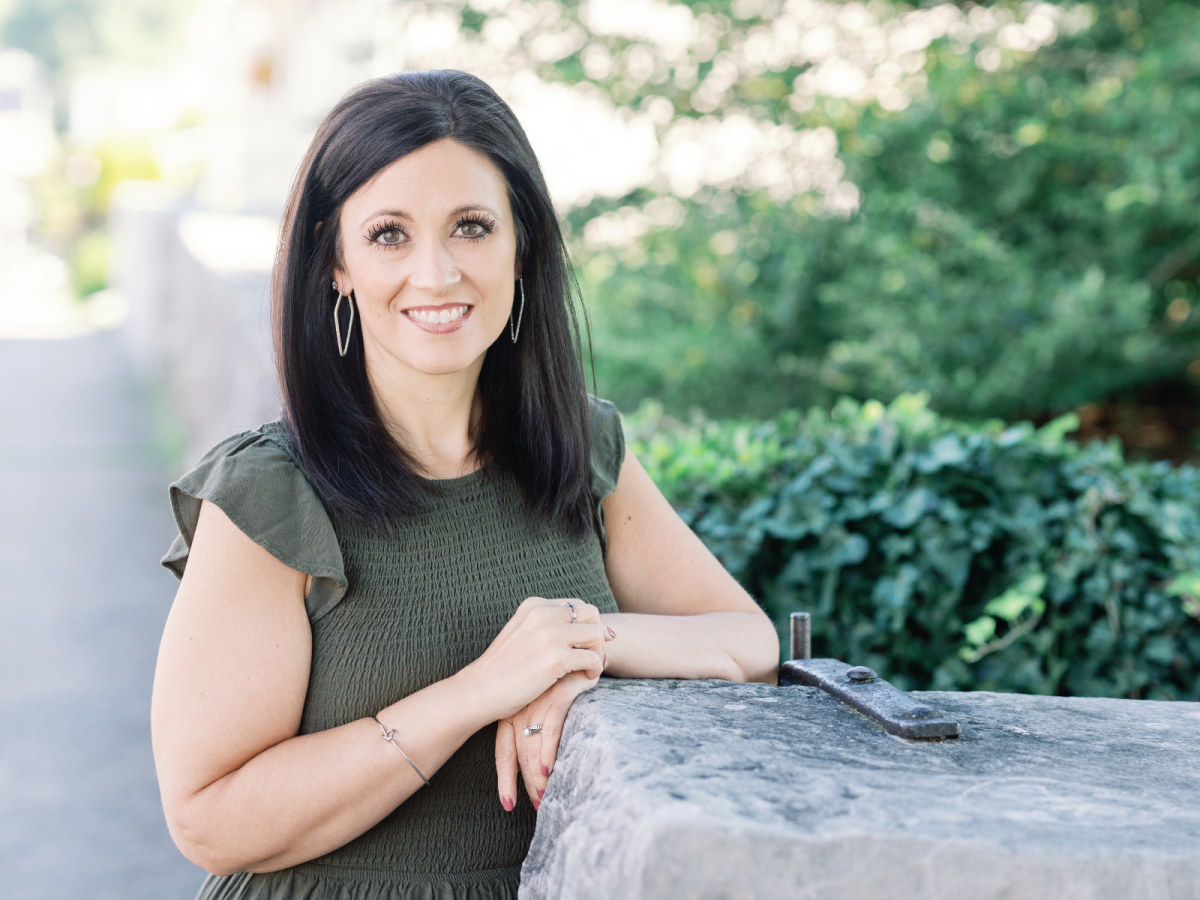
Filled with Gratefulness after Weight Loss
August 30, 2022Mother of three loses 100 lbs in 12 months after weight-loss surgery.
Learn more -
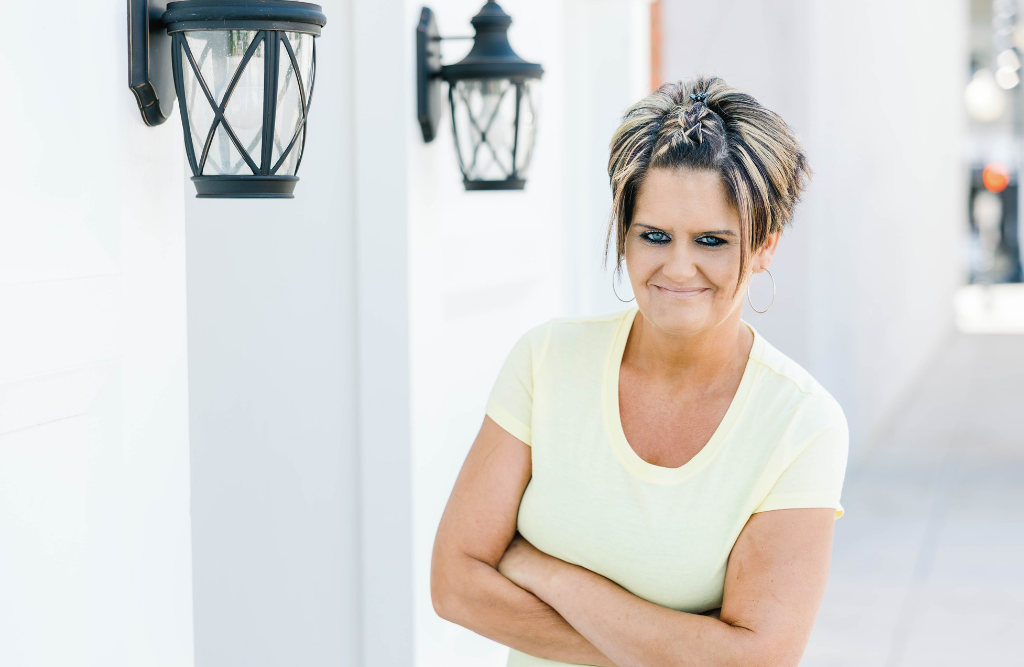
Worth the Weight
May 24, 2022At the young age of 36, Angela Walden realized her health was spiraling out of control. Weight was piling on along with increasing medical issues such as high blood pressure, neuropathy, and extreme fatigue. The stay-at-home mother of five knew that to keep up with her family she needed to take action.“I just kept getting bigger and bigger and ended up at 268…
Learn more -
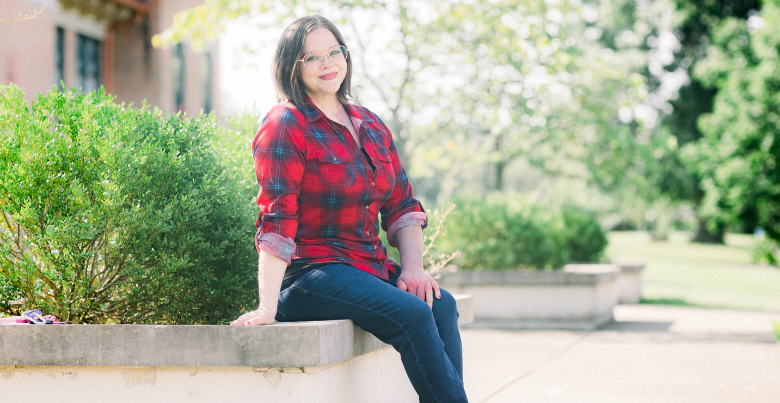
Dropping Pounds and Gaining Health
August 16, 2021Young mother sheds pounds, gains confidence and reclaims her health after weight loss surgery
Learn more -
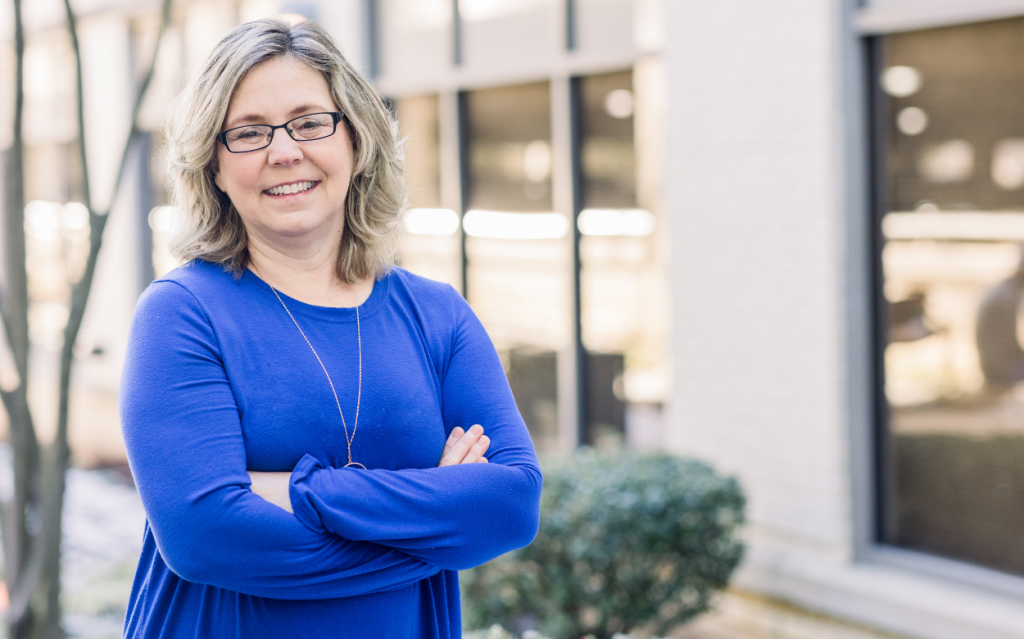
How Screening Saved a Life
June 15, 2021Colorectal cancer survivor celebrates being cancer free with a message about the importance of early screenings.
Learn more -
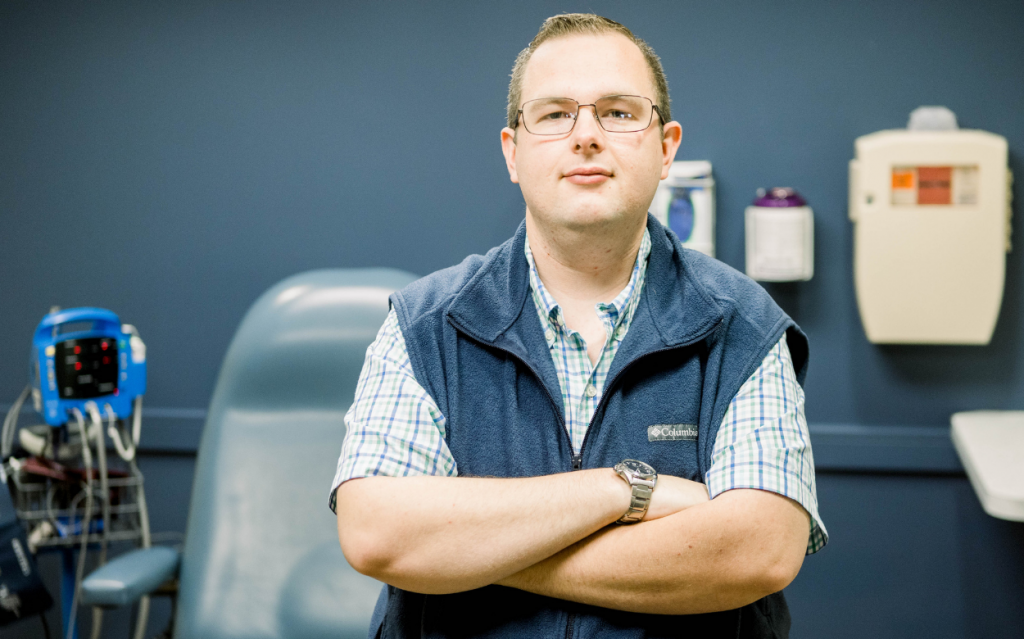
The Power to Heal
May 25, 2021Local patient finds healing at the Lake Cumberland Wound Care Center and Hyperbaric Medicine
Learn more
